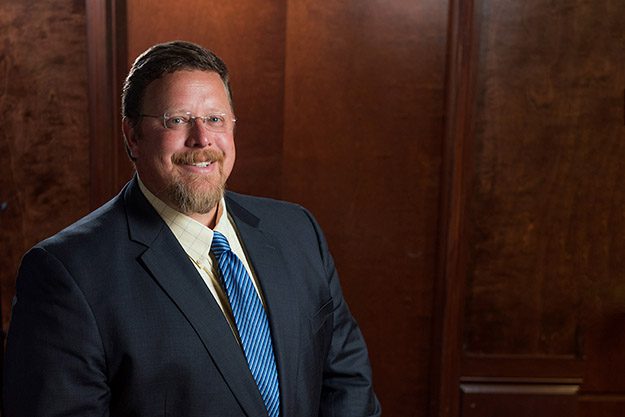Article
Resources
Article
New Florida DEI Regulations and the Impact on Higher Education

In recent years, the topic of Diversity, Equity, and Inclusion (DEI) has taken center stage in the United States, particularly within the realm of higher education. Universities and colleges across the nation have been grappling with how to create inclusive environments while respecting the principles of free speech and academic freedom. Florida has made headlines by drafting regulations that aim to clarify DEI prohibitions at its institutions of higher learning, igniting a passionate and contentious debate over the balance between free expression and combating discrimination.
Background
Florida's move to draft regulations regarding DEI prohibitions comes amidst a broader national conversation on the role of DEI programs in educational institutions. Advocates argue DEI initiatives are crucial for addressing systemic inequalities and ensuring campuses are welcoming to individuals of all backgrounds. Critics, on the other hand, contend these programs can sometimes infringe on free speech and academic freedom, leading to concerns about potential government overreach.
Key Provisions of the Regulations
Florida's proposed regulations encompass several key provisions that seek to clarify DEI prohibitions at colleges and universities within the state:
Bans on Critical Race Theory: The regulations explicitly prohibit the use of Critical Race Theory (CRT) in teaching and training within Florida's public institutions of higher education. CRT is a framework that analyzes the ways in which race and racism intersect with law and policy. Critics argue CRT is divisive and may promote negative stereotypes. Supporters claim it helps in recognizing and addressing systemic racism.
Protection of Free Expression: Florida's regulations emphasize the importance of protecting free expression and academic freedom. They assert institutions should not limit or infringe upon the First Amendment rights of students, faculty, or staff while implementing DEI programs.
Intellectual Diversity: The regulations encourage universities to promote a diversity of ideas and perspectives in their curricula and educational programs. They aim to ensure students are exposed to a wide range of viewpoints and are not subjected to a one-sided narrative.
Disclosure of Public Funds: Florida's regulations require public colleges and universities to disclose how public funds are allocated for DEI initiatives. This transparency measure intends to ensure accountability and prevent the misuse of taxpayer dollars.
Controversy and Debate
The drafting of these regulations has sparked a contentious and emotionally charged debate. Supporters argue the regulations protect free speech and academic freedom while addressing concerns about the potential bias and divisiveness associated with DEI initiatives. They believe these regulations foster an inclusive and fair learning environment for all students.
Critics, on the other hand, assert these regulations stifle important discussions on systemic racism and social justice issues, effectively silencing marginalized voices. They argue the ban on CRT may be an overreach, preventing educators from teaching critical aspects of history and social justice.
Impact on Higher Education
The impact of Florida's proposed regulations on colleges and universities remains uncertain, as they are still in the drafting stage. However, they have already triggered a broader national conversation about the balance between DEI initiatives and academic freedom. Other states may follow suit, drafting similar regulations or adopting contrasting approaches. Florida's move to draft regulations that clarify DEI prohibitions at its colleges and universities underscores the ongoing debate surrounding the role of diversity, equity, and inclusion programs in higher education. While some applaud these efforts as a way to protect free speech and academic freedom, others see them as a threat to important conversations about systemic racism and social justice. Ultimately, the outcome of this debate will shape the future of DEI initiatives in educational institutions across the United States, and it will be important to find a balance that respects both freedom of expression and the need for inclusive and equitable learning environments.


